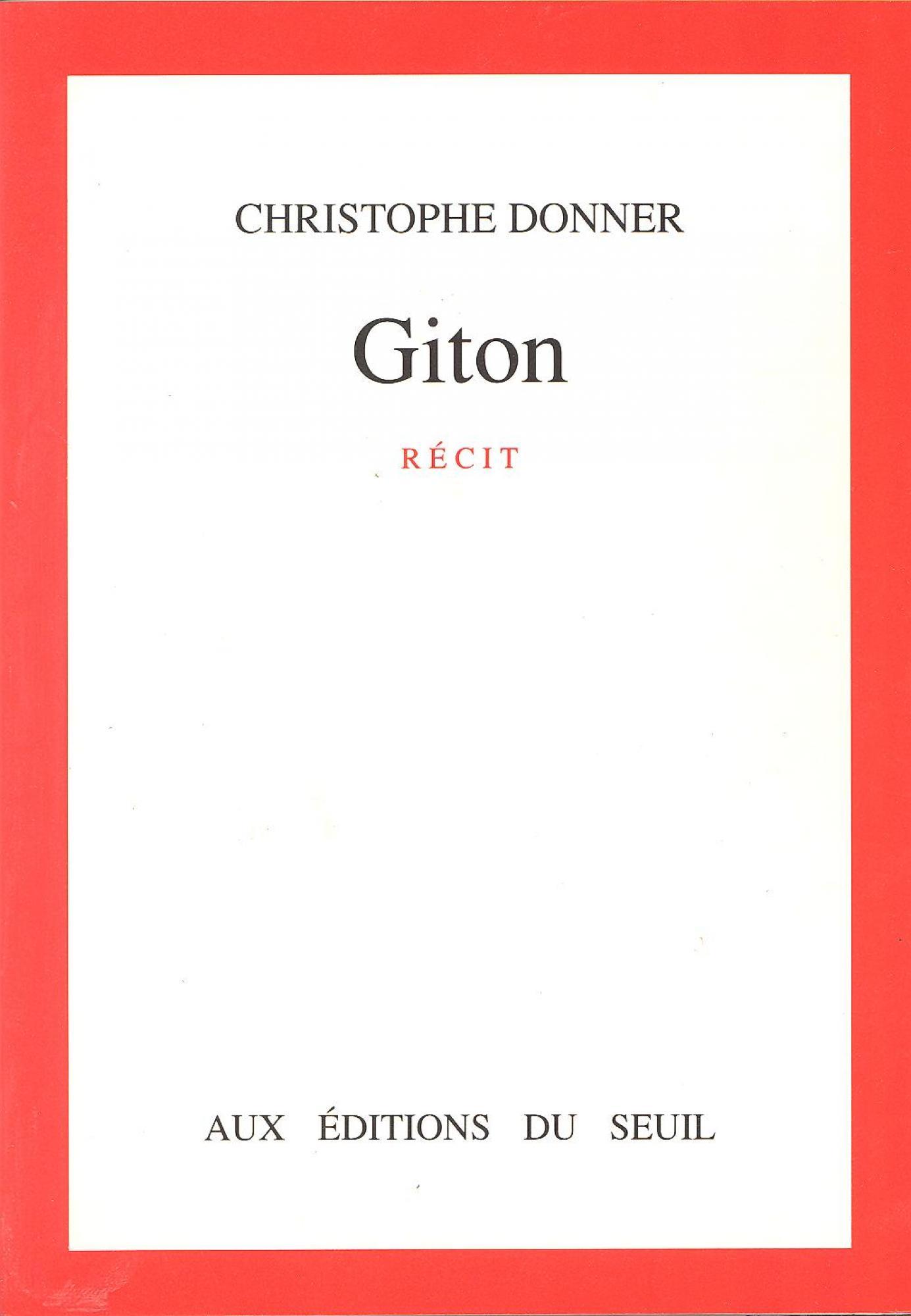C’était un dimanche à cinq heures de l’après-midi, quelqu’un m’avait donné rendez-vous et n’était pas venu.
Je marchais d’une façon irrésistible.
Le jardin du Luxembourg était désert.
L’angoisse cosmique du dimanche après-midi avait anéanti les chiens et les hommes, même les abeilles s’enfonçaient. C’est alors que je l’ai vu sortir des pissotières, tel le faon sortant des taillis. Il boutonnait sa braguette d’arlequin. Il a fait le tour de la pelouse et on s’est rencontrés un peu plus loin, dans les allées scientifiques du jardin, là où toutes les fleurs portent un nom.
J’ai vingt ans, dit-il comme à la douane.

